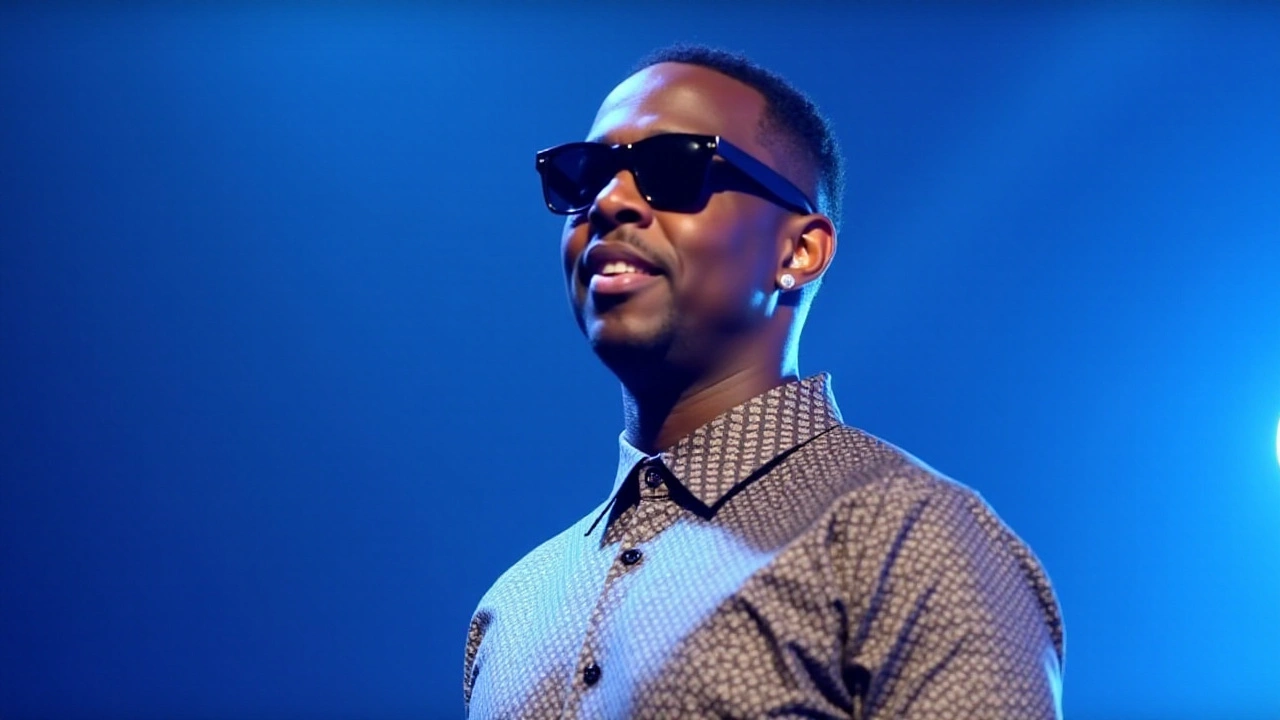Understanding Gang Charges: What You Need to Know
Gang charges often come up in news reports and legal discussions, but what exactly do they mean? Simply put, gang charges involve criminal accusations linked to participation in a gang or committing crimes motivated by gang activity. These charges are serious because they carry tougher penalties than similar crimes not associated with gangs.
Why do authorities treat gang-related crimes differently? The main reason is public safety. Gangs usually operate with violence, intimidation, and organized crime, creating bigger risks for communities. So, laws include harsher punishments to discourage gang membership and dismantle gang networks.
Common Gang-Related Crimes
Gang charges cover a wide range of offenses. They may involve violent acts like assault or murder with the intent to promote or further gang goals. Other common charges include drug trafficking, illegal weapons possession, and conspiracy to commit crimes as part of the gang’s agenda.
It's important to understand that one doesn’t have to commit a new crime to face gang charge consequences. Being identified as a gang member by law enforcement can lead to enhanced sentences even for past offenses. This means the legal system aggressively targets gang affiliations to break down their influence.
How Gang Charges Affect People and Communities
For individuals, gang charges can mean long prison terms and limited chances for parole. The label also carries social stigma that can affect future employment and personal relationships. It’s a life-changing mark that reaches far beyond the courtroom.
Communities suffer too. Gang violence increases fear and disrupts everyday life. Schools may see declines in attendance due to safety concerns, and businesses can struggle in high-risk areas. That’s why many communities work hard with law enforcement and social programs to prevent gang formation and offer alternatives to youth.
In short, gang charges remind us of the bigger picture around crime, safety, and justice. Understanding how these charges work helps you stay informed about local news and the challenges facing many neighborhoods.

